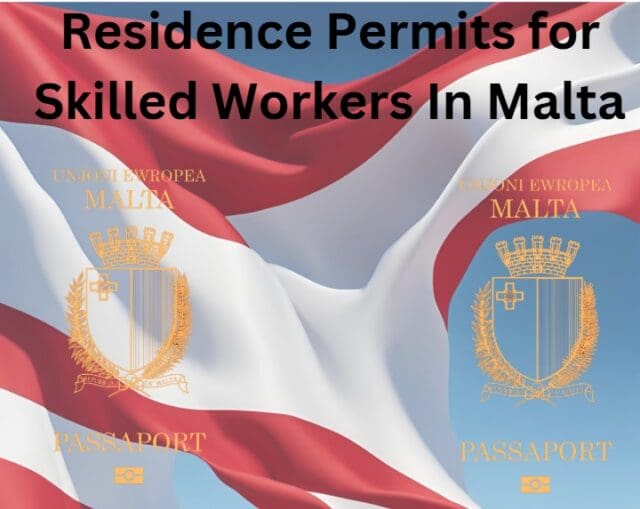
In 2024, Malta granted 33,455 residency permits to foreign nationals, indicating an increase in the need for qualified labourers in several industries.
This surge in applications is a result of the nation’s attempts to draw in investors and experts, a trend that is anticipated to last until 2025.
According to TravelBiz, Malta’s plan to solve labour shortages and draw in international talent includes a significant increase in foreign residency permits.
The Nomad Visa Scheme, the Malta Residency and Visa Programme (MRVP), and the Malta Permanent Residence Programme (MPRP) are important residency initiatives that are fuelling this increase.
The need for qualified foreign workers is growing in Malta’s economy, especially in sectors with labour shortages like healthcare, construction, transportation, and food service.
Malta attracts skilled migrants because foreign professionals with the necessary abilities have a higher chance of finding work there.
Foreign nationals now have more options because local firms are actively looking for workers to fill positions in these fields.
In 2024, more over 33,400 residency cards were granted, according to Malta’s Home Affairs Ministry.
With more than 1,500 applications, the MPRP is largely responsible for this number. With €36 million from real estate acquisitions and €50 million from five-year leasing agreements, this program produced €46 million for the government’s Consolidated Fund.
With 1,031 applications, the Nomad Residence Permit witnessed high participation as well.
Remote workers looking for a European base with advantageous tax laws are still drawn to this scheme.
Applicants must either sign a rental agreement (€10,000 per year) or buy property (minimum €300,000) in order to be considered for the Malta Permanent Residence Programme (MPRP).
Additionally, a €98k one-time government investment is needed for the initiative. Non-EU nationals with a steady income and no criminal history are eligible.
With a monthly income of at least €2,700, remote workers are eligible for the Nomad Residence Permit. Candidates must demonstrate that they are self-employed or hired by a foreign corporation.
Access to Schengen travel privileges is granted by the permit, which is renewed for another year.
Malta’s increasing appeal as a location for skilled workers, expats, and digital nomads demonstrates its dedication to drawing in top talent from around the world.
The increase in residence permits granted in 2024 indicates the need for foreign labour, especially in sectors where there is a workforce shortage. Malta continues to be a popular destination for foreign nationals looking for a place to call home because it provides chances for individuals who want to live and work in a connected European nation.
Read the Original article on https://thekenyandiaspora.com/
Why Kenyans are Embracing Second Citizenship and Passport by Investment







